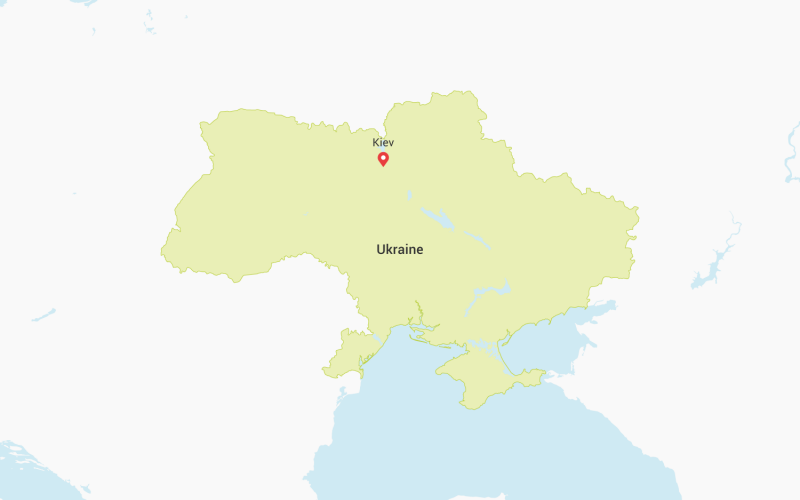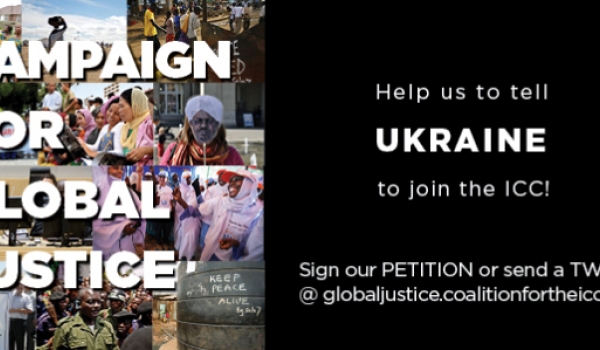The Coalition’s numerous international and local Ukrainian members have long-advocated justice for victims of alleged international crimes committed in Ukraine, whether by Ukrainian, separatist, or Russian forces. The Coalition has welcomed Ukraine’s contribution to addressing impunity through the international justice system, by way of its ad hoc acceptance of ICC jurisdiction.
Civil society work includes, among other activities, attending hearings and meetings with Parliamentarians and conducting practitioner seminars and public outreach. Civil society organizations have also documented violations of human rights and international humanitarian and criminal law committed during and after the Euromaidan protests and in the context of the armed conflicts in Crimea and Donbas.
Need for Rome Statute ratification
Ukraine signed the Rome Statute on 20 January 2000, but due to a 2001 constitutional court ruling declaring the treaty incompatible with Ukraine’s constitution, the government has not ratified the Statute. Civil society has been calling on Ukraine to formally join the ICC for many years.
The constitutional provisions cited as reasons for non-ratification of the Rome Statute concern the principle of complementarity, the irrelevance of official capacity, the transfer of Ukrainian citizens to the ICC, and the enforcement of sentences in third States.
A constitutional amendment that would enable ratification passed with a worrying new clause in 2016, delaying the amendment’s entry into force for three years. Ratification of the Rome Statute is one of Ukraine's international obligations under the 2014 EU-Ukraine Association Agreement.
In April 2017, human rights organizations from Ukraine and Belgium produced recommendations to Ukrainian authorities and the EU, including visions on an EU course of action to protect human rights in the context of the occupation of Crimea and launched by Russia hybrid war in Donbas.



